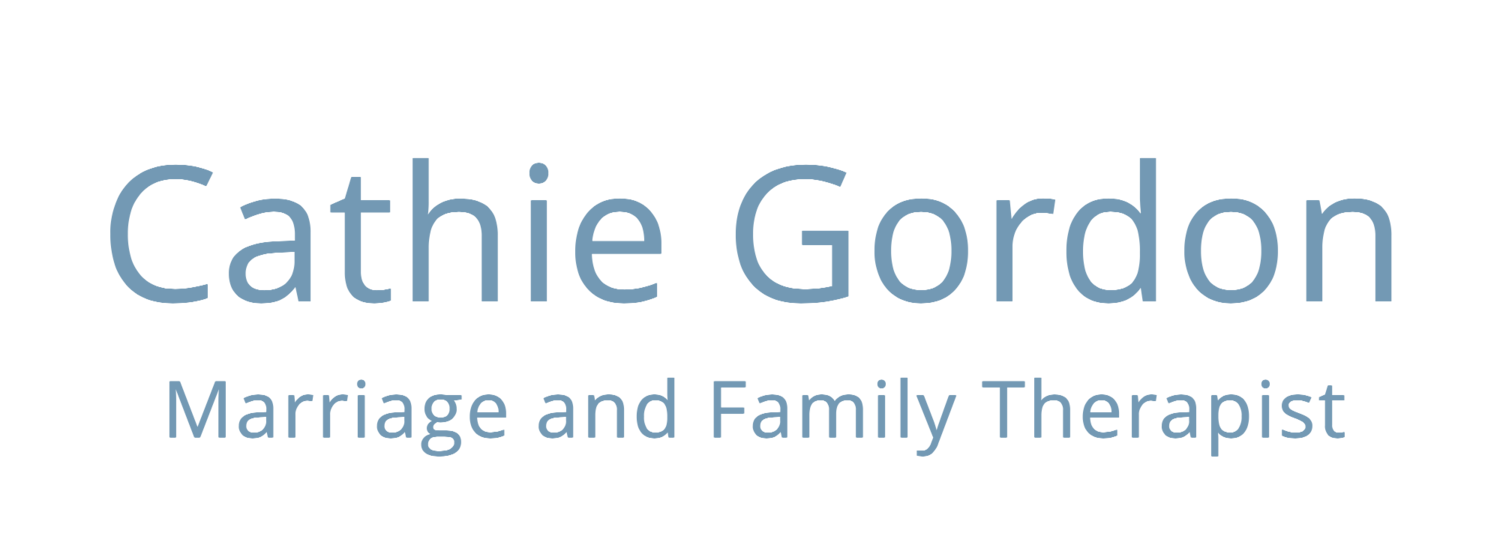Grief and Loss Counseling
The grief associated with the death of a loved one is often one of the deepest pains we will ever know.
The emotions and changes that are experienced in the grief process are often sudden and intense and can be confusing both to the griever and to those around them. Often people question if their grief is “normal"?
The experience of a roller coaster of emotions is common- feeling progress one day only to return the next day to feeling as if you have taken a step backwards. Profound sadness or loneliness can quickly shift to feeling angry, guilty, empty or numb.
You may experience physical symptoms, such as memory loss, a change in appetite or odd sleeping patterns. Absent-mindedness and difficulty concentrating are common.
Often individuals feel as if they have lost a part of themselves and it can be challenging to stay present and concentrate which can make day-to-day functioning challenging. These changes can cause daily activities to feel meaningless or mundane.
It is important to remember that your feelings of sadness, sorrow and confusion are normal and everyone grieves in their own way and in their own time.
Grief counseling provides a safe and supportive space to talk about your thoughts and emotions which can help with the healing process and alleviate some sadness. Grief is normal and necessary and my role as your therapist is to support and accompany you in your process.
Other Losses Although certainly one of the most intense experiences of grief is the loss of a family member, grief can also be triggered by any loss big or small. The breakup of a relationship, the loss of one’s job or health can also lead to particularly strong and painful emotions. If your grief or anger has been triggered by another type of loss, you may undergo a slightly altered grief process which may need attention and can benefit from counseling.

